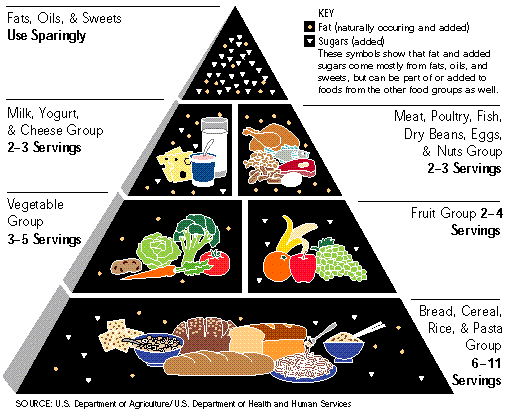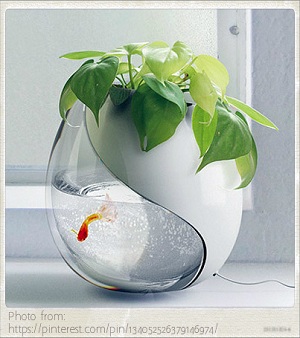Food poisoning takes place when you swallow food or water that contains bacteria, parasites, viruses, or toxins made by these germs. Most cases of food poisoning are from common bacteria and viruses.
Causes, incidence, and risk factors
Food poisoning can affect one person or a group of people who all ate the same contaminated food. It more often occurs after eating at picnics, school cafeterias, large social gatherings, or restaurants.
The germs may get into the food you eat, i.e. called contamination, in different ways:
Meat or poultry can come into contact with bacteria from the intestines of an animal that is being processed;
Water that is used during growing or shipping can contain animal or human waste;
Food handling or preparation in grocery stores, restaurants, or at homes.
Food poisoning often takes place from eating or drinking:
Any food prepared by someone who does not wash their hands properly using a hand wash or soap;
Any food prepared using cooking utensils, cutting boards, and other tools that are not properly cleaned;
Dairy products or food containing mayonnaise such as potato salad that have been kept out of the refrigerator for too long;
Frozen or refrigerated foods that are not stored at the required temperature or are not reheated properly;
Raw oysters or fish;
Raw fruits or vegetables that have not been washed well;
Raw vegetables or fruit juices and dairy products such as milk, curd etc.;
Undercooked eggs or meat;
Water from a well or stream, or city or town water that has not gone under treatment.
Many types of germs may cause food poisoning, including:
Cholera
campylobacter enteritis
E. coli enteritis
Fish poisoning
Staphylococcus aureus
Salmonella
Shigella
Infants and older people are at the greatest risk for food poisoning. You are also at higher risk if:
You have a serious medical condition, such as diabetes or kidney disease.
You have a weak immune system.
You travel outside to areas where you are exposed to germs that cause food poisoning.
Pregnant and breastfeeding women have to especially stay careful to avoid food poisoning.
Symptoms
Symptoms of the most common types of food poisoning usually start within 2 - 6 hours of eating the food. That time may be longer or shorter, depending on the cause of the food poisoning.
Possible symptoms include:
Diarrhea, may be bloody;
Abdominal cramps;
Fever and chills;
Headache;
Nausea and vomiting;
Serious weakness.
Symptoms of food poisoning depend on the type of contaminant and the amount of contaminated food eaten. The symptoms can develop rapidly, within 30 minutes, or slowly, worsening over days to weeks.
Usually food poisoning is not serious, and the illness runs for the time around 24-48 hours.
Viruses and bacteria account for most of the cases of food poisoning where a specific contaminant is found.
Maintain proper hygiene and always eat fresh and healthy food.

 Introduction To Of Some Lower Cholesterol Foodstuffs
Cholesterol is a fat-like element contained in the physique
Introduction To Of Some Lower Cholesterol Foodstuffs
Cholesterol is a fat-like element contained in the physique
 Starting Up An Aquaponics Set Up From See The Easy Way
Planting seeds in your aquaponics system can be a lot simpl
Starting Up An Aquaponics Set Up From See The Easy Way
Planting seeds in your aquaponics system can be a lot simpl
 The Simplest Way To Lessen Your High Cholesterol By Natural Means
High-cholesterol is a major variable inside the countrywide
The Simplest Way To Lessen Your High Cholesterol By Natural Means
High-cholesterol is a major variable inside the countrywide